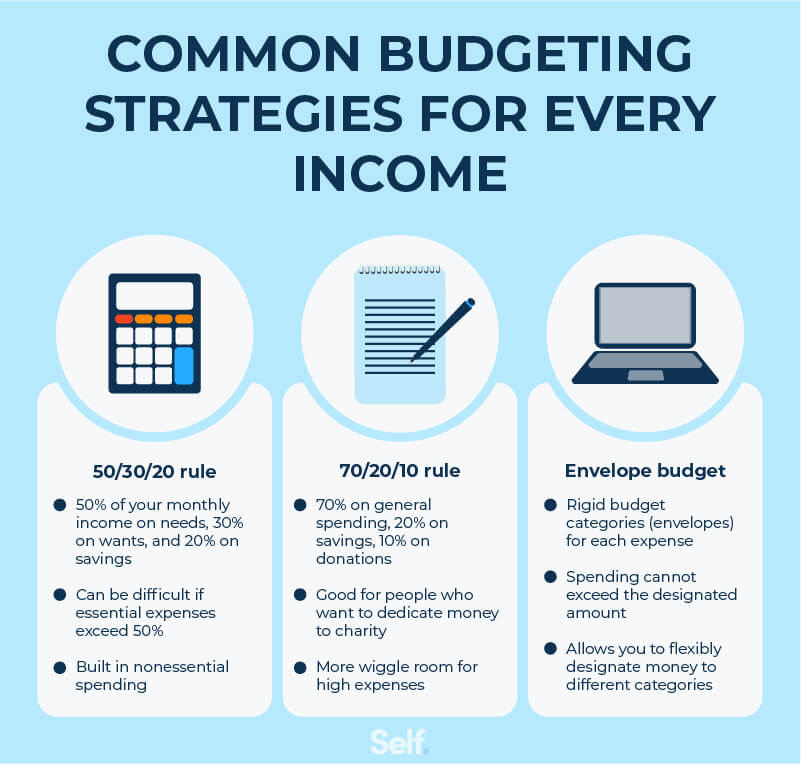Does Afterpay Affect Credit Score? Key Insights for Liable Borrowing
Does Afterpay Affect Credit Score? Key Insights for Liable Borrowing
Blog Article
The Effects of Afterpay on Your Creditworthiness and Financial Health
In the realm of modern-day customer finance, the surge of buy currently, pay later solutions like Afterpay has sparked both convenience and care among customers. While the attraction of splitting repayments into workable installments can be tempting, the ramifications on one's credit reliability and financial health warrant a more detailed exam. As people welcome the convenience of acquiring products and solutions through Afterpay, a complicated interaction of variables begins to shape their economic profile. does afterpay affect credit score. From credit history fluctuations to potential financial debt traps, the results of Afterpay usage extend beyond simple transactional convenience. Understanding just how these devices influence more comprehensive financial health is critical in navigating the elaborate landscape of contemporary economic management.
Effect On Credit History
The application of Afterpay may affect a person's credit history, potentially influencing their total credit reliability. When a customer makes use of Afterpay to make acquisitions, the transactions are not generally reported to debt bureaus, such as Equifax or Experian, unless there are concerns with repayments. However, if there are missed out on repayments or defaults on Afterpay installations, this adverse task can be reported to credit firms, affecting the individual's credit scores score.
Late repayments can lower a person's credit history, making it harder for them to safeguard fundings or charge card in the future. Additionally, if Afterpay financial obligation is sent out to collections because of non-payment, it can dramatically damage the individual's creditworthiness. It is vital for Afterpay customers to handle their payments responsibly to stay clear of any kind of adverse repercussions on their credit report.
Financial Obligation Build-up Danger
Afterpay's attraction of damaging down payments right into smaller sized, workable chunks can lead to overspending and financial debt accumulation if not made use of judiciously. While Afterpay does not bill interest on purchases, late costs and fines can promptly include up if payments are missed out on.
Furthermore, several superior Afterpay instalments can stress one's funds, especially if unexpected expenses arise. The lure to continue making use of Afterpay for new acquisitions while still settling existing ones can bring about a cycle of debt that may be challenging to break. People should exercise technique and budgeting skills to avoid coming under this catch. Surveillance investing practices, establishing rigorous limitations on Afterpay usage, and ensuring payments are made on schedule are crucial steps to minimize the debt build-up risk linked with making use of Afterpay for transactions.
Settlement Behavior Influence
Careful consideration of one's repayment habits is critical when examining the impact of Afterpay on monetary practices and decision-making. The delayed settlement structure of Afterpay might lure users to defer budgeting obligations, as prompt complete repayment is not called for at the time of acquisition.

Budgeting Tests

Navigating the economic landscape with read this article Afterpay can present individuals with significant budgeting challenges. While Afterpay provides the ease of splitting repayments into installations, it can likewise lead to overspending if not taken care of meticulously.
Additionally, keeping track of several Afterpay installation payments together with normal expenses can make budgeting more intricate. Failing to represent these repayments accurately in the budget plan can lead to spending too much in various other locations or missing out on repayment target dates, possibly leading to late costs or influencing credit rating scores.
To conquer these obstacles, individuals using Afterpay must create an in-depth budget plan that makes up all Afterpay settlements and makes sure that they line up with their total monetary objectives. Regularly reviewing and adjusting the budget plan to accommodate Afterpay installments can assist maintain financial stability and prevent too much financial obligation buildup. By staying conscious of their spending practices and budget constraints, people can effectively browse the budgeting difficulties related to making use of Afterpay.
Long-Term Financial Implications
A comprehensive understanding of the lasting economic effects related to utilizing Afterpay is important for people to make informed decisions regarding their monetary well-being. While Afterpay offers comfort and adaptability in handling purchases by breaking them into smaller payments, there are a number of elements to think about for long-term financial health.
One significant long-lasting implication of making use of Afterpay is the potential effect on one's credit rating. Although Afterpay does not do credit checks prior to permitting customers to make acquisitions, missed out on defaults or settlements can be reported to credit history bureaus, impacting credit reliability. This could hinder future access to credit rating or financings with favorable terms.
Furthermore, the temptation to overspend with Afterpay can lead to collecting financial debt that might end up being unmanageable gradually. The comfort of credits may mask real expense of acquisitions, potentially bring about financial stress in the long run.
For that reason, individuals need to exercise caution and discipline when utilizing Afterpay to ensure that it does not negatively impact their long-lasting economic stability and credit reliability. does afterpay affect credit useful source score.
Conclusion
Finally, the effects of Afterpay on credit reliability and financial health are significant. It can influence credit history, increase financial obligation build-up danger, influence payment habits, and present budgeting obstacles. These factors can have long-term financial effects for individuals utilizing Afterpay. It is important for customers to carefully think about the effects of making use of buy currently, pay later solutions like Afterpay to keep their monetary stability and creditworthiness.
Monitoring costs practices, establishing stringent restrictions on Afterpay use, and making certain repayments are made on time are critical steps to mitigate the financial obligation buildup risk linked with utilizing Afterpay for transactions.
The postponed payment structure of Afterpay may tempt individuals to delay budgeting obligations, as immediate full payment is not called for at the time of purchase.
In addition, the computerized nature of Afterpay repayments, subtracted from linked accounts on certain days, might influence users to prioritize these settlements over various other financial commitments. People must exercise discipline and check their total repayment behavior to stay clear of any kind of negative influences on their financial wellness when making use of Afterpay.
To get over these obstacles, people using Afterpay ought to create a detailed budget that accounts for all Afterpay repayments and guarantees that they straighten with their overall financial objectives.
Report this page